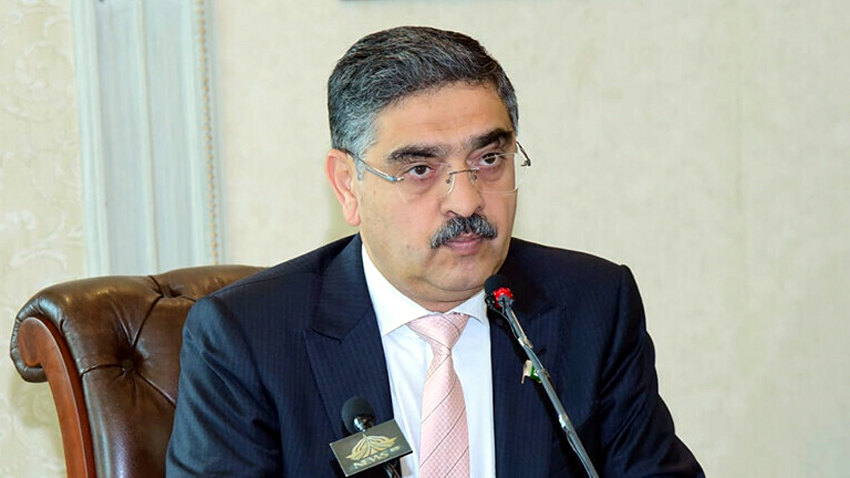Caretaker Prime Minister Anwaar-ul-Haq Kakar said on Sunday that adapting Pakistan to climate change was vital to adapting the Indus Basin to the impacts of climate change as the majority of the population was linked to the river.
He said Pakistan’s climate challenge was primarily a water challenge that needed immediate action to be addressed.
Addressing an event on ‘Living Indus Initiative’ held here at the Pakistan Pavilion at the venue of the United Nations’ 28th Conference of Parties (COP 28), the prime minister said Pakistan was the 8th most vulnerable country in the world to the impacts of climate change.
He said Living Indus was an umbrella initiative aimed at restoring the ecological health of the Indus within the boundaries of Pakistan, which was most vulnerable to climate change.
He maintained that the government of Pakistan was clear on its priorities with the Living Indus. “This umbrella initiative emerged from extensive consultation with stakeholders, resulting in a set of 25 living interventions that emphasize nature-based solutions and ecosystem-based adaptation approaches.”
The prime minister said what was more important was that the Living Indus initiative sought to mobilize a moment that prepared and restored a healthy Indus for today and tomorrow. “And we are here to collaborate and give voice to our rivers. The Indus River needs a voice, and we are here to give that voice. The industry feeds us, and if we do not take care of it, it will not be there to take care of us,” he remarked.
This initiative, he said, suggested that “we need a minimum indicative investment between US$11 and US$17 billion over the next 15 years to mobilize from the public sector, private sector, citizens, and communities.”
He said Pakistan launched ‘Recharge Pakistan’, which was the first concrete step towards the Living Indus. “This flagship project with an international climate finance of nearly $78 million is central to our efforts in reducing future flooding and drought impacts,” he added. The Recharge Pakistan project under the Living Indus framework will not only benefit millions of our citizens but also serve as a model for climate innovation on a global scale.
PM Kakar, on the occasion, also called upon various stakeholders, including scholars, architects, poets, and literary people, to contribute towards the global efforts of addressing the climate change issue by raising their voices in their articles, sermons, addresses, and poetry.—APP










